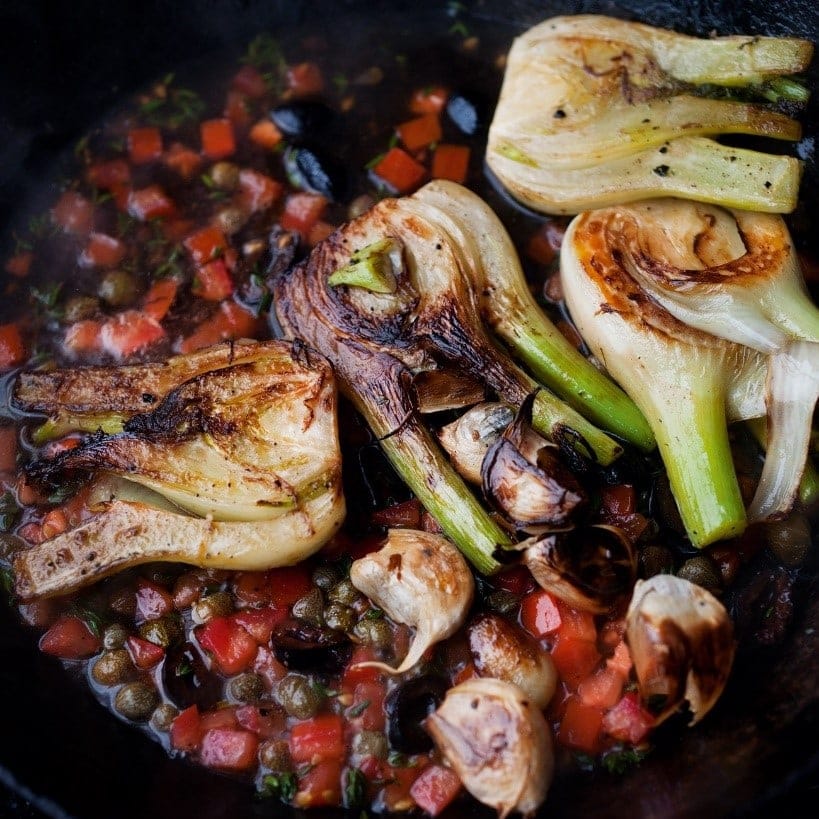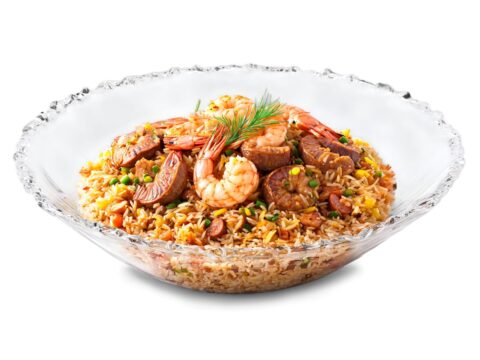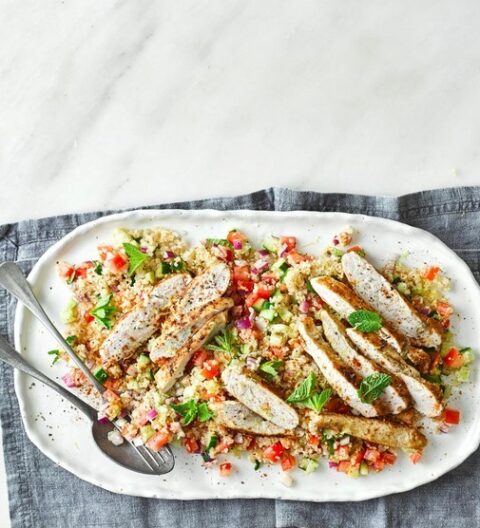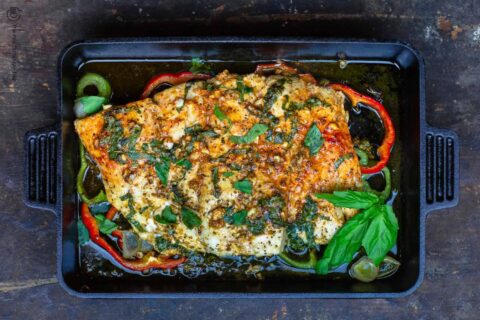
To get the benefits of olive oil in a diet for health heart, here’s how to include it as part of your Mediterranean diet.
Updated June 7th 2023
The mediterranean diet is widely considered to be one of the healthiest diets in the world. A key component of this diet is extra virgin olive oil(EVOO). Olive oil is a healthy source of fat that has been shown to improve heart health, lower cholesterol levels, and reduce the risk of stroke.
One way to enjoy olive oil is to braise fennel in it. Fennel is a flavourful herb that pairs well with olive oil. Braising is a cooking method that involves cooking food in a small amount of liquid over low heat. This method of cooking helps to retain the nutrients in the food. As a result, braised fennel with extra virgin olive oil is a healthy option that is packed with flavour.
Extra virgin olive oil (EVOO) is widely considered as one of the best olive oils, not only for its rich, fruity flavor but also for its numerous health benefits. This “liquid gold” is a staple of the Mediterranean diet, which is known to be one of the healthiest diets in the world. Extra virgin olive oil (EVOO) is a great source of polyphenols, which are natural antioxidants that help fight against free radicals, reduce inflammation, and promote healthy digestion. Studies have shown that the frequent consumption of extra virgin olive oil (EVOO) has been linked to lower risks of heart disease, stroke, and cancer, among other benefits. Adding extra virgin olive oil (EVOO) to your diet is a simple and delicious way to reap these olive oil health benefits.
Polyphenols In Extra Virgin Olive Oil (EVOO)
In recent years, the discussion on the health benefits of extra virgin olive oil (EVOO) has gained immense popularity. Arguably, it is the best olive oil to ingest, credited with numerous health benefits. Among the numerous components of olive oil, polyphenols have been identified as having the highest antioxidant properties.
Recent studies have shown that the polyphenol lignans can play a significant role in preventing breast cancer and providing cardiovascular protection. In particular, its ability to protect against DNA damage has attracted attention in the medical community. Incorporating extra virgin olive oil (EVOO) into your diet is a delicious and simple way to take advantage of these health benefits.
So why not make it a staple in your kitchen and reap the rewards of this powerful natural source of protection?
Extra Virgin Olive Oil (EVOO) & Braised Fennel
Ingredients
- 4 medium fennel bulbs
- 3 tbsp Morocco Gold extra virgin olive oil, plus extra for drizzling
- Salt and black pepper
- 15 large whole garlic cloves, skin on
- 4 tbsp lemon juice mixed with 2 tbsp red-wine vinegar
- 1 medium tomato, cut into 1cm dice
- 250ml fresh vegetable stock
- 20g capers, drained
- 25g black wrinkly olives, pitted and chopped in half
- 1 tbsp chopped thyme leaves
- 2½ tsp caster sugar
- 100g ricotta
- 1 tsp grated lemon zest
Instructions
- First prepare the fennel. Trim off and discard the tops (reserve any leafy fronds for garnish) and cut each bulb in half from top to bottom; you are aiming for thick slices about 2.5cm wide.
- In a large frying pan for which you have a lid, heat two and a half tablespoons of extra virgin olive oil on a medium to high heat. Add half the fennel with an eighth of a teaspoon of salt and some black pepper. Cook for five or six minutes, turning once, so it's nicely brown on both sides, remove from the pan and repeat with the remaining fennel.
- Keep the empty pan on the heat, pour in the remaining oil, add the garlic and fry for three minutes, tossing occasionally, so the skin gets scorched all over. Lower the heat to medium, carefully (it spits!) add the lemon juice and reduce for a couple of minutes until there are about two tablespoons of liquid left in the pan. Add the tomato, 100ml of the stock, the capers, olives, thyme, sugar, a quarter-teaspoon of salt and some black pepper. Bring to a simmer, cook for two minutes, then return the fennel to the pan. Add the remaining stock, pop on the lid and leave to simmer for 12-14 minutes, turning once during the cooking, until the fennel is soft and the sauce has thickened. (You may need to remove the lid and increase the heat for the last two or three minutes.)
- Place two slices of fennel on each plate, spoon over the sauce and serve with a spoonful of ricotta and some freshly grated lemon zest. Finish with a drizzle of extra virgin olive oil and serve warm or at room temperature.
What is fennel?
Fennel is a member of the carrot family, though it’s not a root vegetable. The base of its long stalks weave together to form a thick, crisp bulb that grows above ground. Above the bulb, at the tip of the stalks, it has light, feathery leaves that resemble dill. When it goes to seed, fennel also produces small yellow flowers among the leaves. Every part of it is edible, from the bulb to the flowers, and it can be eaten raw or cooked.
Fennel is one of the most underrated vegetables, and if you’re not already cooking with it, you absolutely should be. It has a fresh, aromatic anise flavour, and it can be eaten raw, sautéed, roasted, or even added to soups and sauces. Though the stalks and leaves are edible, fennel recipes most often call for the bulb. When raw, it has a crisp texture similar to celery and a fresh licorice flavour. It caramelizes as it cooks, taking on a sweeter flavour and tender, melt-in-your mouth texture. It also is incredibly healthy, low in calories, but high in nutrients like dietary fibre, potassium, and vitamin C, to name a few. It is ideal for cooking with extra virgin olive oil that really draws out and accentuates its rich flavours.



